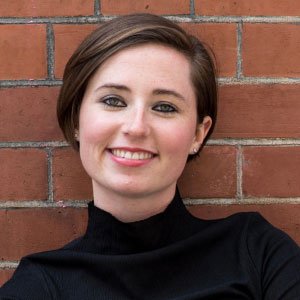
Mona Sloane
-
Faculty Co-Lead, Digital Technology for Democracy Lab, University of Virginia
-
Assistant Professor of Data Science, School of Data Science
-
Assistant Professor of Media Studies, Department of Media Studies, College and Graduate School of Arts & Sciences
Mona Sloane, Ph.D., is an assistant professor of data science and media studies at the University of Virginia. As a sociologist, she studies the intersection of technology and society, specifically in the context of AI design, use, and policy. She also convenes the Co-Opting AI series, a public speaker series focused on all aspects of AI technology and its application, ranging from security to food, games, and more, and serves as the technology editor for Public Books.
Her current work includes the development of new methods for AI auditing and AI transparency, innovating AI procurement, AI in hiring and talent acquisition, AI participation and public education, new AI tools for investigative journalism, global AI policy and local governance innovation on AI, and a range of different responsible AI topics.
At UVA, Sloane runs Sloane Lab which conducts empirical research on the implications of technology for the organization of social life. Its focus lies on AI as a social phenomenon that intersects with wider cultural, economic, material, and political conditions. The lab spearheads social science leadership in applied work on responsible AI, public scholarship, and technology policy.
Sloane holds a PhD from the London School of Economics in political science and has completed fellowships at the University of California at Berkeley, at the University of Cape Town, and at the Weizenbaum Institute Berlin. Before joining UVA, Sloane was a research assistant professor at NYU’s Tandon School of Engineering, a senior research scientist at the NYU Center for Responsible AI, and the founding director of the This Is Not a Drill program, which develops public pedagogy on art, equity, technology, and the climate emergency.